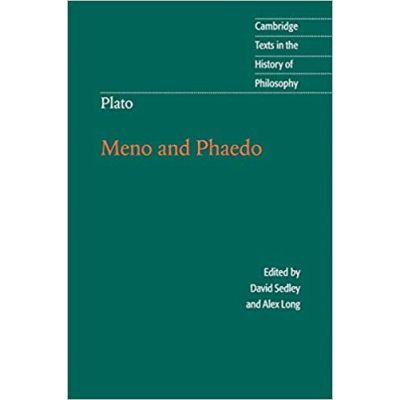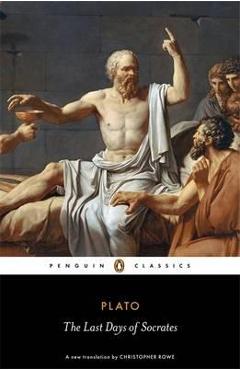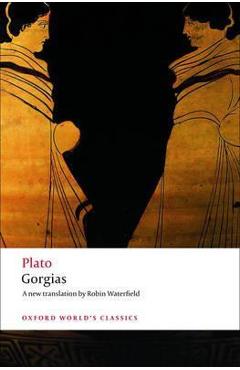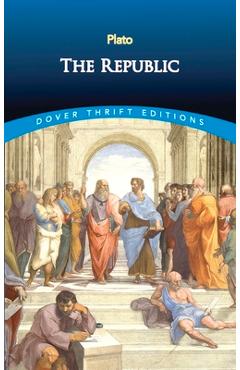Meno - Plato

Detalii Meno - Plato
Meno - Plato - Disponibil la libris.ro
Pe YEO găsești Meno - Plato de la Plato, în categoria History.
Indiferent de nevoile tale, Meno - Plato din categoria History îți poate aduce un echilibru perfect între calitate și preț, cu avantaje practice și moderne.
Preț: 46.22 Lei
Caracteristicile produsului Meno - Plato
- Brand: Plato
- Categoria: History
- Magazin: libris.ro
- Ultima actualizare: 15-12-2024 01:42:32
Comandă Meno - Plato Online, Simplu și Rapid
Prin intermediul platformei YEO, poți comanda Meno - Plato de la libris.ro rapid și în siguranță. Bucură-te de o experiență de cumpărături online optimizată și descoperă cele mai bune oferte actualizate constant.
Descriere magazin:
Plato\'s Meno is a Socratic dialogue between the two main speakers, Socrates and Meno, and explores the definition of virtue and whether it is something that can be taught. Meno is an attractive and well-to-do young man visiting Athens and is a student of the sophist Gorgias, who has greatly influenced Meno\'s ideas on virtue and knowledge. The dialogue begins abruptly with a question posed by Meno, who asks Socrates whether virtue can be taught. Socrates replies that he does not as yet know what virtue is, and has never known anyone who did. A fascinating and thought-provoking dialogue ensues between Meno and Socrates exploring what exactly virtue is and whether the definition is the same for all people. Meno contends that virtue is dependent on one\'s station in life and there is one kind of virtue for men and one for women, one for children, and one for adults. Through detailed and exhaustive questions and answers, Socrates reveals his belief that virtue is the same for all people, whether old or young, man or woman. Socrates then begins to question one of Meno\'s slaves to prove his proposition that much knowledge is innate and merely needs to be revealed with the proper questioning, or the Socratic method, rather than taught. This timeless and engaging classic is a must read for all students of philosophy. This edition is printed on acid-free paper and is translated with an introduction by Benjamin Jowett.

Produse asemănătoare
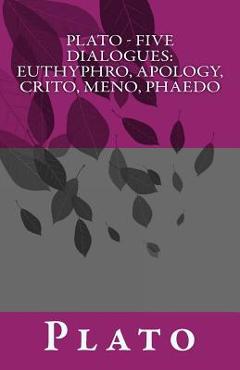
Plato - Five Dialogues: Euthyphro, Apology, Crito, Meno, Phaedo - Benjamin Jowett
![]() libris.ro
libris.ro
Actualizat in 28/10/2025
69.4 Lei

Plato: Five Dialogues: Euthyphro, Apology, Crito, Meno, Phaedo (Royal Collector\'s Edition) (Case Laminate Hardcover with Jack - Plato
![]() libris.ro
libris.ro
Actualizat in 28/10/2025
371.63 Lei
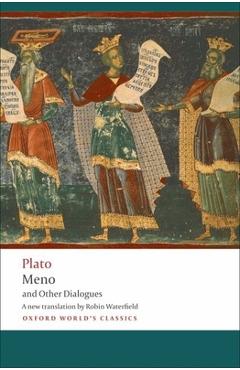
Meno and Other Dialogues: Charmides, Laches, Lysis, Meno - Plato
![]() libris.ro
libris.ro
Actualizat in 28/10/2025
61.1 Lei
Produse marca Plato
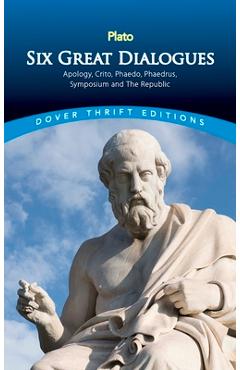
Six Great Dialogues: Apology, Crito, Phaedo, Phaedrus, Symposium, the Republic - Plato
![]() libris.ro
libris.ro
Actualizat in 28/10/2025
39.06 Lei
